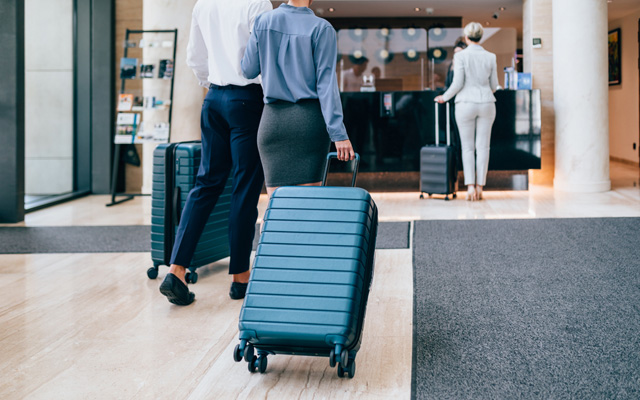If hotels are rolling over their corporate rates in 2022 during the current RFP season, what are corporate travel managers to do when supplier’s website rates are lower, and whether next year’s hotel programme is based on dynamic or static rates, were some of the questions raised recently at an online hotel forum.
Asian corporate travel managers TTGmice spoke to said there was no one-size-fits-all answer, as the hotel programme strategy has to be based on “corporate need” as companies, industries and countries emerge from the Covid-19 pandemic.

Philippa Johns, director of enterprise solutions, Australasia and South-east Asia, HRS, advised “not to lock in fixed rates” which had seen “drops of between 30 and 35 per cent” when she spoke at a recent CTC Masterclass on evolving corporate travel policy.
Looking at the whole hotel programme, Johns said to negotiate for “dynamic rates” and “not LRA” (last room availability).
However, HRS still negotiated “fixed rates” for non-traditional programmes like long-stays, green stays, Covid-19 stays on behalf of corporate clients, Johns added.
Benson Tang, executive director – corporate travel, Informa Markets (IM), said the organiser of global exhibitions was “putting on hold its hotel RFP and will roll over rates for another year”.
As the company’s TMC Egencia is part of Expedia, Tang shared that IM travellers could access its corporate rates, as well as Expedia’s international offers.
Tang noted: “The level of international travel expenditure is still low and our hotel partners, who are very flexible, have agreed that all bookings will be calculated as part of the agreed target.
He noted transient, as well as exhibition attendee targets, are also taken into account during hotel negotiations.
Meanwhile the regional CTM of a new MNC “spin-off”, responsible for 13 countries in Asia, said he was counting on his global team’s support as he had no track record to bring to the negotiating table.
“I’m hopeful. But I’m also bracing for the worse in my negotiations for dynamic and static rates, and to be able to enjoy the lower of the two by convincing our suppliers to play the long game with us,” he commented.





















